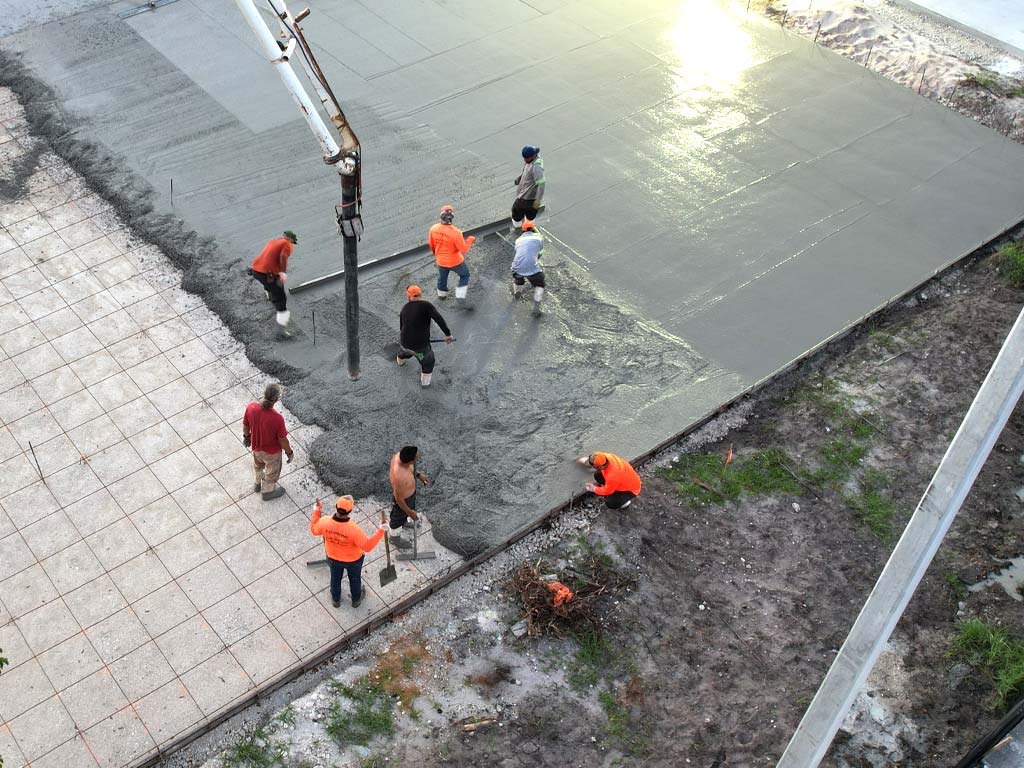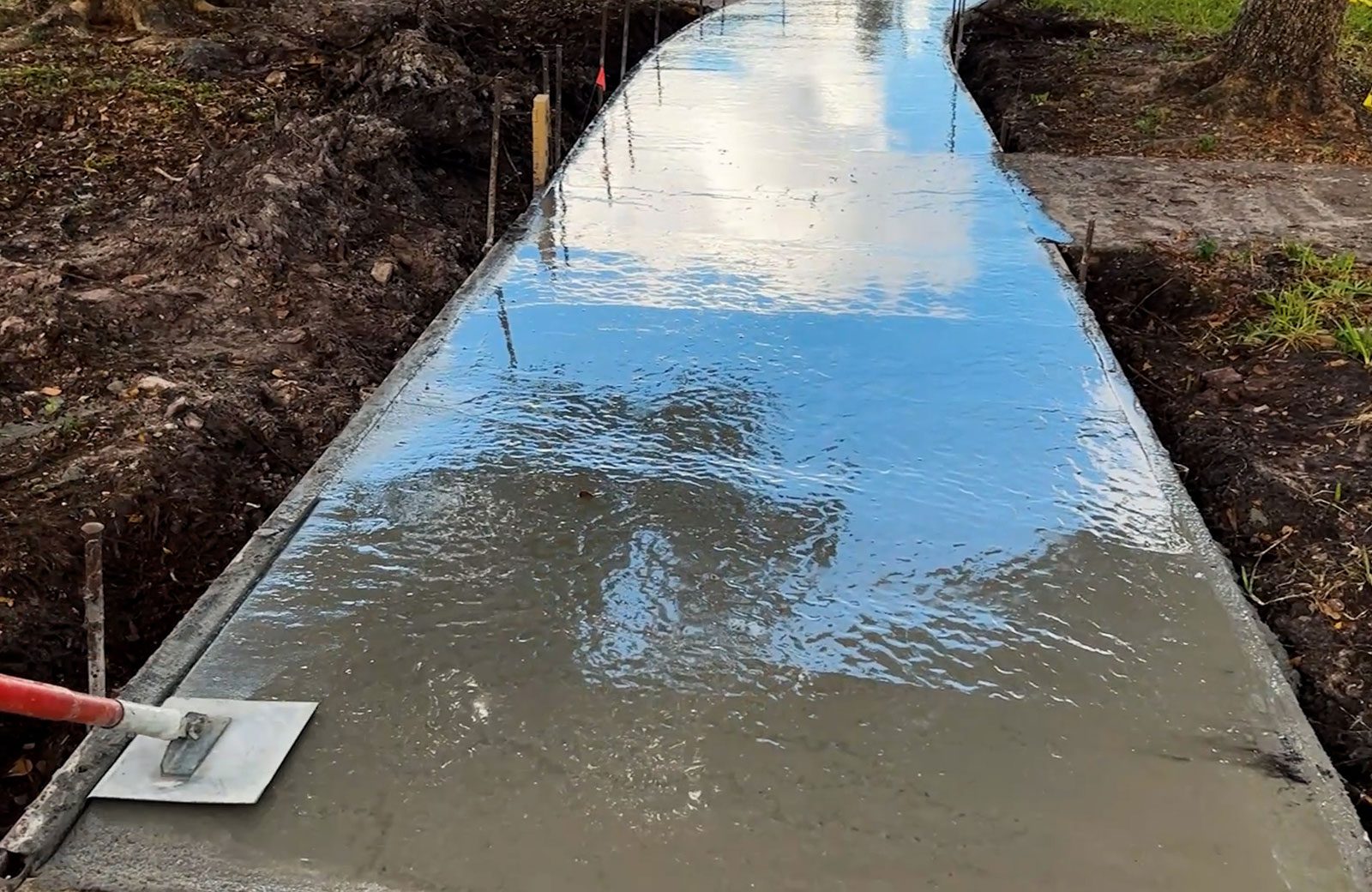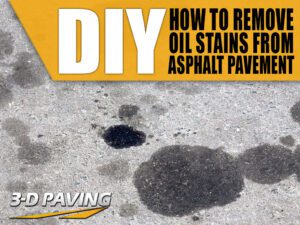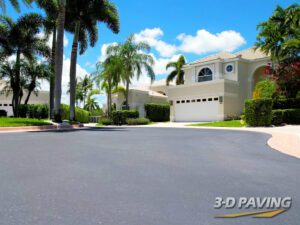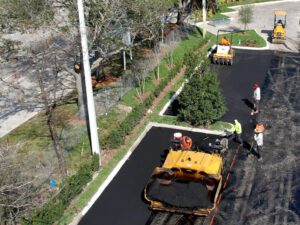What type of concrete do you need?
Every application dicatates a different type of concrete.
Concrete is a versatile building material that can be customized to suit a variety of applications through the use of different blends, mixes and formulations. Each blend of concrete has its unique properties and characteristics that make it best suited for different uses such as modifying strength and durability. In this article, we will explore the different blends of concrete and how they are formulated to achieve their unique properties.
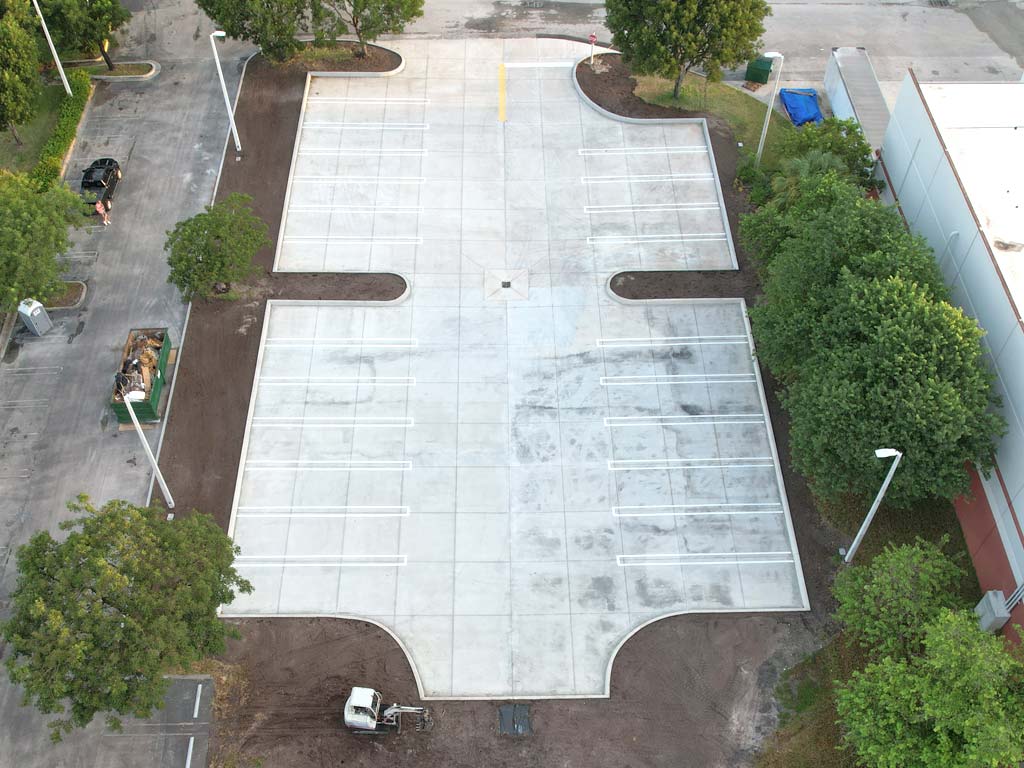
High-Strength Variant
High-strength concrete is formulated to achieve a compressive strength of over 6,000 psi, which is significantly higher than standard concrete. For instance, regular sidewalks, ramps, cubs and gutters are usually poured with 3,000 PSI concrete. This type of concrete is commonly used in high-rise buildings, bridges, and other structures that require exceptional strength and durability.
To achieve its unique properties, high-strength concrete is formulated with a combination of high-strength aggregates, cementitious materials, and water-reducing admixtures. The aggregates used in high-strength concrete are typically made from materials such as quartz, granite, or limestone, which have high compressive strength. The cementitious materials used in high-strength concrete include portland cement, silica fume, and fly ash, which provide additional strength and durability.
Water-reducing admixtures are also used in high-strength concrete to reduce the amount of water needed in the mix, which helps to increase its strength and durability. These admixtures work by dispersing the cement particles and reducing the amount of air in the mix, which helps to increase the density of the concrete.
Pros:
- Higher strength and durability than standard concrete
- Can be used in high-rise buildings and other large structures
Cons:
- Higher cost than standard concrete
- Requires special handling and expertise during the mixing and placement process
Lightweight Variant
Lightweight concrete is formulated to reduce the weight of the concrete without sacrificing strength. This type of concrete is commonly used in buildings with large spans or roofs, as well as in precast concrete products and tilt-up construction.
To achieve its unique properties, lightweight concrete is formulated with a combination of lightweight aggregates, foaming agents, and air-entraining admixtures. The lightweight aggregates used in lightweight concrete are typically made from materials such as expanded shale, clay, or slate, which have low density. Foaming agents are added to the mix to create air bubbles, which help to reduce the weight of the concrete.
Pros:
- Lower weight than standard concrete
- Can be used in buildings with large spans or roofs
Cons:
- Lower strength than standard concrete
- Requires careful handling during the mixing and placement process
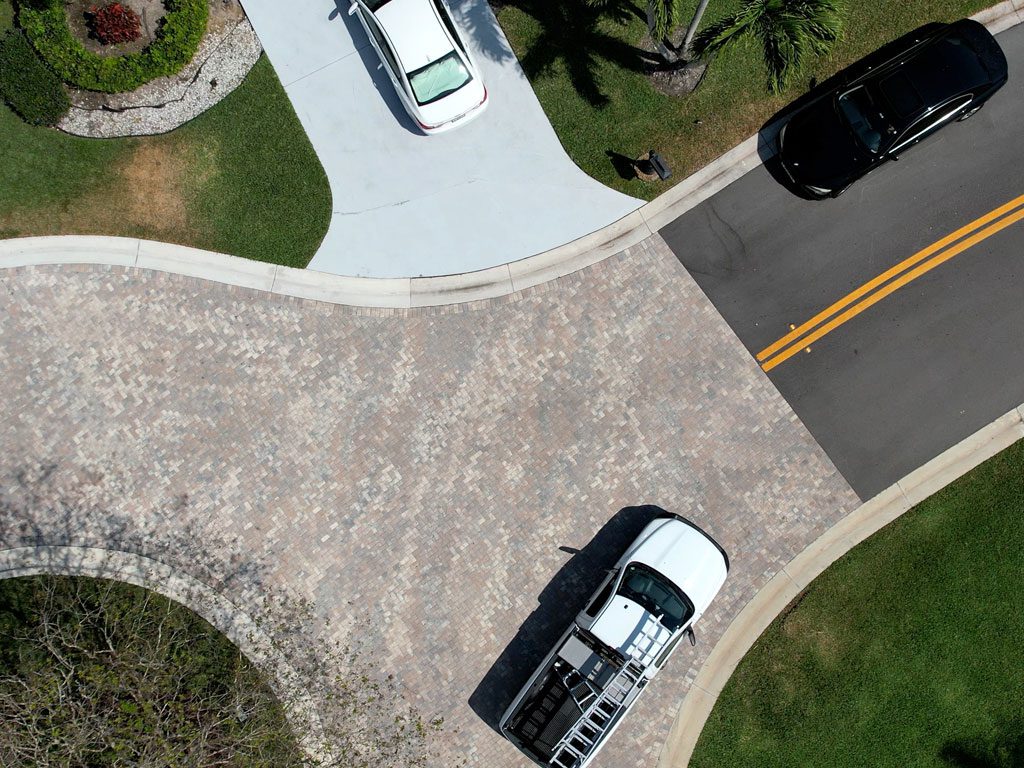
Self-Consolidating Variant
Self-consolidating concrete is formulated to flow and settle into place under its own weight, without the need for vibration or compaction. This type of concrete is commonly used in complex architectural designs, as well as in precast concrete products.
To achieve its unique properties, self-consolidating concrete is formulated with a combination of high-range water-reducing admixtures and viscosity-modifying agents. The high-range water-reducing admixtures reduce the amount of water needed in the mix, which helps to increase its strength and durability. The viscosity-modifying agents help to control the flow of the concrete, ensuring that it settles into place evenly and without the need for additional compaction.
Pros:
- Allows for more intricate architectural designs
- Can be used in precast concrete products
Cons:
- Higher cost than standard concrete
- Requires careful handling and expertise during the mixing and placement process
Pervious Variant
Pervious concrete is formulated to allow water to pass through it, making it an ideal choice for areas with heavy rainfall. It is commonly used in parking lots, sidewalks, and other areas where stormwater management is a concern.
To achieve its unique properties, pervious concrete is formulated with a combination of coarse aggregates, cement, and water. The coarse aggregates used in pervious concrete are typically larger than those used in standard concrete, and are spaced apart to create voids that allow water to pass through. The cement used in pervious concrete is typically a low-water mix, which helps to reduce the amount of runoff from rainwater.
Pros:
- Pervious concrete allows water to pass through it, which helps to reduce runoff and prevent flooding.
- It is environmentally friendly and helps to preserve natural water resources.
- Pervious concrete can help to improve the overall quality of stormwater runoff.
Cons:
- Pervious concrete may require more maintenance than traditional concrete to ensure that it remains permeable.
- It may not be suitable for heavy traffic areas, as the surface can become damaged over time.
- Pervious concrete can be more expensive than traditional concrete due to its specialized formulation and installation requirements.
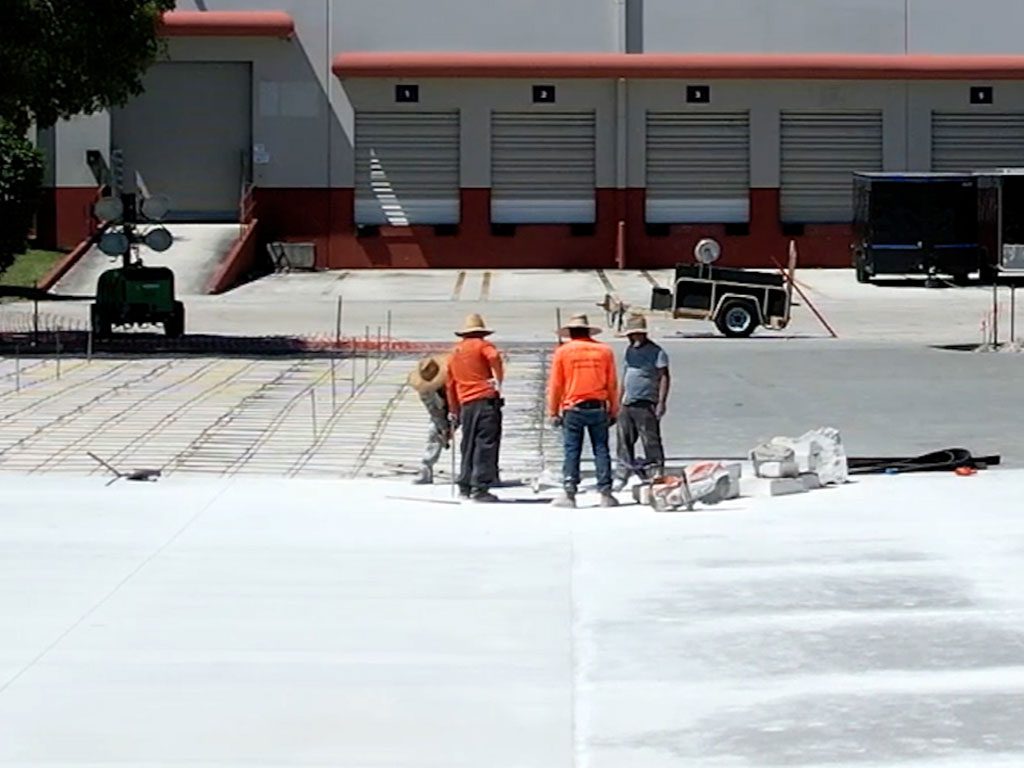
Fiber-Reinforcment
Fiber-reinforced concrete is formulated to include fibers such as steel, glass, or synthetic materials to increase its strength and durability. It is commonly used in bridges, tunnels, and other structures that require exceptional resistance.
To achieve its unique properties, fiber-reinforced concrete is formulated with a combination of fibers, cement, aggregates, and water. The fibers used in fiber-reinforced concrete are typically made of materials such as steel, glass, or synthetic materials, and are added to the mix to increase the strength and durability of the concrete.
Pros:
- Fiber-reinforced concrete is stronger and more durable than traditional concrete, which makes it ideal for use in high-stress applications.
- It has excellent resistance to cracking and can withstand harsh weather conditions and extreme temperatures.
- Fiber-reinforced concrete can be used to reduce the amount of steel reinforcement needed in a structure, which can help to reduce costs and improve construction efficiency.
Cons:
- Fiber-reinforced concrete can be more expensive than traditional concrete due to the additional cost of the fibers.
- The addition of fibers can make the concrete more difficult to work with, which can increase construction time and labor costs.
- The fibers used in fiber-reinforced concrete can be prone to corrosion if not properly protected, which can affect the strength and durability of the concrete.
